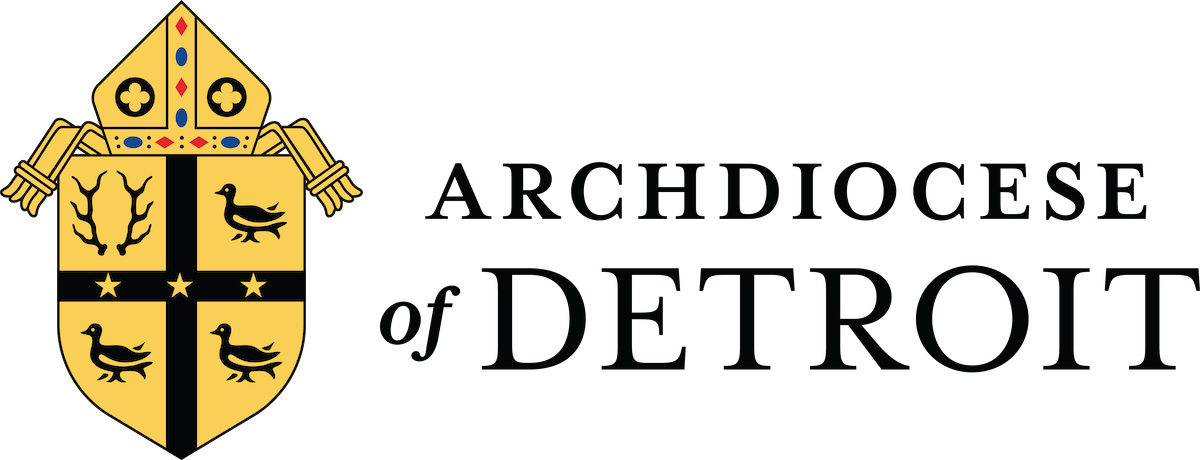Marriage Counseling – Knowing When to Get Help
A sign of health in your marriage is that you hear the other when the issue of getting help is raised.
Your marriage and family relationships are your deepest and most profound treasures. Yet, like a precious metal that becomes tarnished, your cherished relationships can sometimes become lackluster and dull. Problems emerge in any loving relationship. Most of the time you take these problems in stride. Sometimes, however, a problem becomes more than you can handle. The relationship you value the most moves into dangerous territory.
When you married, you and your spouse declared before your family and friends that you would hold and cherish each other for a lifetime. Your marriage covenant testifies to your shared bond of friendship, love, and partnership. Did you believe that your love for each other helps make the world a better place? You might be feeling right now that the dream has faded and perhaps are feeling discouraged. It is possible to give new life to your dreams.
When a problem emerges that test your ability to solve it, your friendship and love can be threatened. When you become physically ill you seek help by consulting a doctor. When your marriage begins to hurt it might be time to seek the assistance of a qualified counselor.
Signs of a marriage or family problem
These signs might indicate you might have a problem that is testing your ability to keep your relationship intact. If you recognize any of these signs as affecting your marriage, then maybe it is time to act.
- Ongoing conflict that doesn’t get resolved and is recycled again and again. The conflict can be about specific issues, or may be the result of a pattern of tension between the two of you that repeats itself on a regular basis.
- Poor communication patterns that erode the foundation of your marriage and create hurt and frustration in one or both of you. Yelling, put-downs, criticism, avoidance, and sarcasm are just a few hurtful ways you may be communicating.
- Transitions in your life that disrupt the normal flow of the marriage and family life. Loss of a job, move to another city, birth of a child, and death of a parent are just some transitions that can precipitate a crisis. Anxiety and/or depression may begin to affect one or both of you.
- Difficulties with the developmental issues of a child. Sometimes the needs of a child divide a couple. You may argue over how to handle the problem. Frustration, hurt and anger increases.
- Substance abuse that seems to be entrenched or gets worse. Often, the stress of work and life lead us to “self-medicate” by turning to alcohol or other substances. This affects the marriage. Tension between you and your spouse can become more severe.
- Mental health issues such as depression and anxiety that begin to affect your relationship. These issues can involve the way each of you takes care of yourself as well as the relationship you share.
When to contact a marriage counselor
Marriages endure their share of bumps and bruises. Problems are a part of life. A time may come, however, when one of you declares, “We have a problem, we need to get help.” A sign of health in your marriage is that you hear the other when the issue of getting help is raised. It’s not easy to call a counselor. But to listen to your spouse when things get serious is itself an act of love for your spouse.
Early intervention is best
In my experience as a marriage counselor, early action by a couple creates the best possible outcome. When a couple has access to a workplace employee assistance program, for instance, they can often address problems when they emerge, rather than waiting until the problem becomes worse. Think of the benefits of acting early. Use the list above to help you sort through the normal bumps of a marriage versus a more serious problem.
How to choose a counselor
Most states have some form of licensure for counselors. This means that counselors must have a degree that meets certain standards on counselor theory, practice, and ethics. When you choose a counselor you want someone who is licensed in your particular state and who has graduated with a Ph.D. or a Master’s degree in psychology, social work, or counseling from an accredited university.
You also want to make sure that the counselor has experience and training in working with couples and/or families. Asking friends, family members, pastors or doctors for referrals is a good way to narrow down you search. When you interview a prospective counselor ask about years of experience, experience working with couples, and their approach to counseling. Many marriage counselors will take a short term, problem solving approach to marriage counseling. Other situations require more insight building or co-occurring problems. This means that you will be asked to define the problem once you meet with your counselor. Then you and your counselor will set forth some measurable criteria that will give you a good idea when the problem is actually solved.
There are costs to consider. You will need to know how much a counselor charges. Almost all insurance companies do not cover marriage counseling. Don’t be afraid to ask questions of your counselor. An effective counselor will understand that you are more likely to own the counseling process when you feel comfortable.
For some couples, spirituality and faith is an important part of their life and they want to be able to bring their spirituality and/or faith tradition into the counseling process. If this is true for you then it is important to ask whether the counselor is comfortable working within your values and beliefs. Ask the counselor if ever and when is divorce an acceptable outcome in their work with couples.
What to expect from the counseling process
Before you go for the first session, ask yourself what you want to get out of the experience. Be as specific as possible. This will help when your counselor takes you through an assessment. It is important that you can trust your counselor and give yourself permission to ask questions. Your counselor is there to listen to your story and will ask questions that assist in the listening process. At the end of your first session your counselor may give you suggestions or homework for the next session. Give the process some time to work. Don’t expect instant results. Remember, it took each of you some time to develop the problem; it will take some time to solve it.
You will know the counseling is working when the original problem that brought you there is solved or at least significantly improved. At that point you may choose to end the counseling, or move on to another problem that has emerged in the course of the sessions. Remember, the most effective counseling is done when you are a full participant in saying what you want to see happen. Your counselor is there to help you solve the problem and help you improve your relationship satisfaction.
How much does marriage counseling cost?
For those who don’t have insurance that covers counseling, marriage counseling can range from $80-150 per hour. Short term counseling often takes the form of weekly sessions for three to six months. Some social agencies and churches offer a sliding scale that is adjusted according to your income. Don’t be penny-wise and pound foolish, however, since the money spent of counseling may prevent much heartache and the greater cost of an unsettled or failed marriage.
You will be glad you made the move
Just calling a counselor and setting an appointment begins the process of facing a problem in a different way. You will be glad you made the call even though you may hesitate to expose your problems to someone else. Once you move through this resistance you will most likely find that solutions are forthcoming and that you and your spouse are on your way to an improved and healthy relationship.
RESOURCES
Finding a good marriage counselor is a matter of finding a qualified person who is a good fit for you and your spouse and will be an advocate for your marriage. Contact the Archdiocese of Detroit Marriage and Family Office , your parish office or priest, or trusted friends for a confidential recommendation.
The Archdiocese of Detroit Catholic Charities of Southeast Michigan offices provide faith-based marriage counseling and have a sliding scale according to income.
Article adapted by Anthony J. Garascia, M.A., M.S., LCSW, Clinical Director, Samaritan Counseling Center, South Bend, Indiana. Article used with permission from the US Bishop Marriage website foryourmarriage.org.


